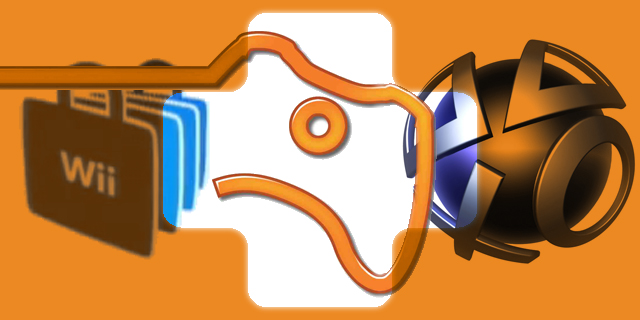
This has been an ongoing discussion for quite a while now, but certain company policies have made the topic of game preservation something worth talking about again. I originally began writing this after Microsoft’s Xbox One debacle involving its online requirements and game installs. Things were pushed back once the issue was resolved and Microsoft did a complete turnaround on the policies that made seemingly everyone despise their upcoming console. With the potential threat of our current downloadable games disappearing and the all-digital future companies want to push, though, this is something worth examining regardless of policy changes.
My biggest concern with the Xbox One’s initial policies was less about a constant online connection or being unable to resell games (at least as I am able to now), but about preserving those games once Microsoft moves on from the Xbox One five or more years down the line. If the disc isn’t necessary and all games are installed, is it guaranteed that people will be able to play them once servers are shut down? Seeing how Microsoft feels about backwards compatibility, it’s a worthy concern.
Thankfully, we don’t need to worry about that, at least not yet. The main issue, then, comes from our current digital purchases on the Xbox 360 and PS3. Nintendo has us covered with Virtual Console and WiiWare purchases, even if its system isn’t the most user-friendly one around, but Sony and Microsoft have done so much for the future of downloadable games on consoles, making our current purchases even more of a concern than ever.
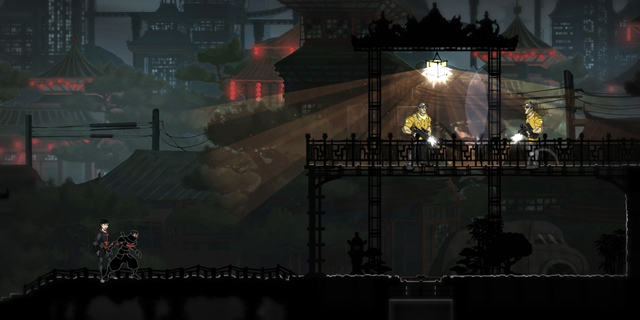
Being able to access your current downloadable games on the new hardware was never a guarantee, but knowing it’s definitely not happening is troublesome. Sony’s excuse is a valid one; the PS4 architecture is vastly different than the convoluted, albeit-powerful PS3 Cell processor. This makes the two systems basically incompatible. Microsoft claims it has a similar issue, but that seems to me like an easy way to get out of doing the work for something that many people probably don’t care about. It’s understandable, but losing the ability to access games altogether because of this change is a bad thing for Microsoft and the industry as a whole.
The original Xbox has an Xbox Live Arcade as well, one that eventually ceased to exist. While you could still access any games or extra content you downloaded on your original Xbox, you could never re-download them once the service was deactivated. This was problematic, but with it being such a small part of that system, many people either forgot completely or didn’t mind too much. After all, Microsoft wouldn’t do the same thing twice, would it?
The Xbox 360 is not the most reliable piece of hardware on the market, so when my current console inevitably kicks the bucket, I’ll gladly buy a new one just to have access to those games again. But how long will it be until that service is rendered useless once again? Microsoft could have a backup plan to keep those games available to download for people that have purchased them, but that certainly isn’t a guarantee. If I don’t have my copy of Shadow Complex downloaded to my system in five or more years, will I ever be able to play it again?
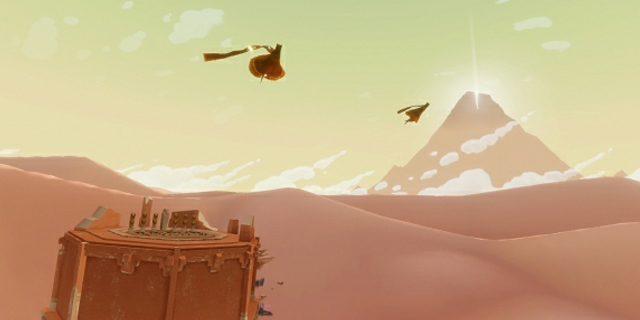
Sony seems to have some kind of solution in mind: its Gaikai streaming service. This won’t be available at launch, but Sony seems confident in its ability to utilize this service for many things, including the access of PlayStation 3 purchases. My first thought? I’ll believe it when I see it. Streaming services haven’t been the most reliable thing around, and there is no guarantee it will even work with older purchases. (Or if that specific feature is even a priority for Sony.) It’s ambitious, but it’s far from the most elegant solution to this problem.
It’s hard to have faith in companies that seem to focus on the future and nothing more. Sony’s E3 press conference was full of indie developers showcasing their games, all titles you can download on the PS4, but it’s not safe to assume things will be different next time. Who’s to say the PS4’s successor won’t have similar problems? I will buy those games because I want to play them regardless, but I’m uneasy about it. Even if I never want to play Dead Nation again, it’s nice to know that, if I really wanted to, I could. Yet, as we surround ourselves with more digital purchases than ever, these companies need to realize just how important this is and come up with a guaranteed solution.
My cynical answer is these games will be restored on the new systems and resold to consumers. The prices will be cheaper, mind you, but this is the best way for companies to make money off these games again and keep them alive for another generation. It’s not the best solution, but at least it’s something. Just knowing they will continue to exist in one form or another is reassuring. That being said, there has to be another way.
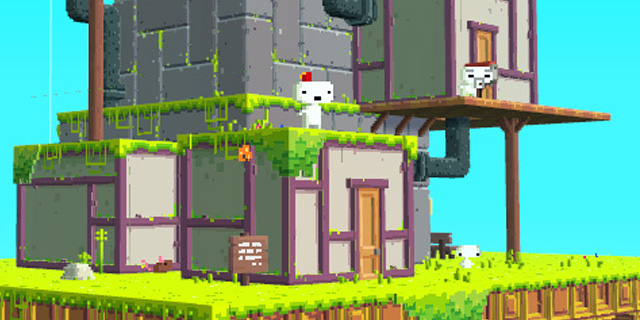
While console gaming is important to me, I would be remiss if I ignored Valve’s Steam service. This is without a doubt the most popular digital gaming hub around, and thanks to its massive game sales and huge user base, it’s a force to be reckoned with. That begs the question: what if it goes away? Valve has said it will remove all DRM from Steam purchases should the service ever go away, allowing consumers to continue to play their games without being connected, but who’s to say it will be that simple? I have faith that Valve will do everything it can to make it happen, but it’s not a guarantee, and with the future of our current console downloadable games in peril, my skepticism is understandable.
This is far from an easy problem to solve, but it’s one that desperately needs a solution. If we never find one, that puts every future digital gaming purchase in jeopardy. I know most people never think about this stuff, at least for now, but imagine ten years from now when someone, somewhere has purchased every single one of their games digitally through one of these upcoming consoles, and that service is disconnected. Imagine if that console died, making all of those purchases null and void.
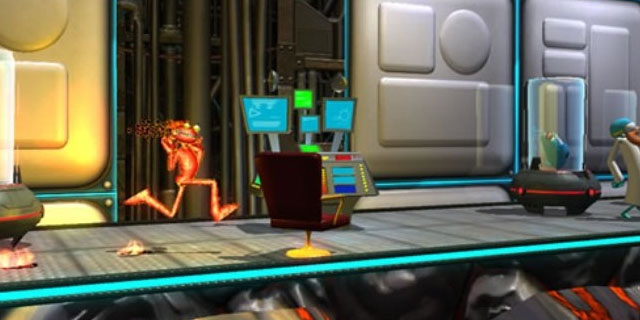
Our disregard for our past, not just at this moment but during almost every instance of gaming’s history, is troubling. Not only is this medium’s history important to us, as people who enjoy playing games from our past, it also signifies our cultural landmarks as an industry. Important games can be lost to time, unable to be recovered, all because some companies decided the past was irrelevant. Those people may have the power to make those decisions, but their desire to continue to move towards a future that relies so heavily on services that can be rendered useless without a backup plan demonstrates their lack of passion for the industry they seemed, at one point, to care so much about. Maybe someday none of this will matter, but until that day comes, I will always be concerned for our gaming past.



















